“We don’t always get along, but when we do, we achieve greatness.”
Agustin Fuentes
At the end of July 2020, the 27 countries in the EU needed a new budget, a plan for issuing debt to fund economic recovery from COVID-19, and to manage on-going tensions over EU-compatible national governance. While the negotiations resembled those found in the US regarding issues and personalities, the EU achieved effective agreement.
Deployment of negotiation skills entails only two activities: preparation and engagement. The result of a successful negotiation is partnership.
Success is Partnership
The 27 countries were able to reach an agreement by exploring the varying opinions in the negotiation and discovering everyone’s underlying interests and concerns. The Frugal Four traded approval for higher refunds and less money obligated; whereas The Visegrád Four searched for a route to lessen proposed governance sanctions.
Success derives first from preparation, employing social skills such as collaboration and association, then from engagement using interactive skills such as dialogue and perception. These innate skills are the basis for a search for solutions.
Negotiation is a cooperative endeavor across social boundaries. It is a mutual search for a mutual imagining of a mutual future. The goal is to solve a problem of joint opportunity impossible without the help of others.
Agreement Leads to Preparation and Engagement
The EU experiment of almost 30 years has yielded significant benefits, especially compared against a history of continental war. Even so, its new members now challenge the experiment with unconventional governance. However, they did not advertise walking out (like the UK); they worked toward finding a common solution amongst a diverse set of needs.
The discovery of a solution is not the end of negotiation. Rather, it leads to a discussion of implementation. The proceeding dialogue pivots toward a new goal for achieving tangible results. Implementation requires preparation and engagement.
A step-by-step view of negotiation moves from agreement to implementation. Partnership is preparation and engagement redeployed to yield the solution. Our social world is teeming with never-ending negotiation.
Implementation Yields a New Negotiation
With €750 billion on the table and EU-wide debt agreement, naturally, there still remained much to implement the historic agreement. Issuing that new debt would require new regulations. Invoking improved governance depended upon difficult developments in Poland and Hungary but also contentious votes in the European Commission. More agreement to proceed than finality.
Implementation also requires innately human skills: working through consequences, perceiving intent, and understanding future visions. These challenge our ability to make good decisions regarding future actions.
Implementation requires considering the groups impacted, recognizing operative behaviors, and reinforcing trust. Dialogue continues to be the entry point to partnership and prosperity.
The Objective of Partnership is Creation of Benefit
4 months in preparation, 4 days of engagement, yielding a 7-year budget plan, and a continent-wide COVID-19 stimulus. Agreement over sizable monies and debt traded with the need to reinforce good governance. The attendees may have taken a deep breath at the end of July… and then prepared to continue the negotiations.
Consummation of a partnership entails executing an agreement, but inevitably difficulties arise from implementing differing perceptions, an interest in renegotiating, or even possible violations.
A negotiation occurs iteratively until the imagined future is a reality of the past. Negotiations rarely finish.

